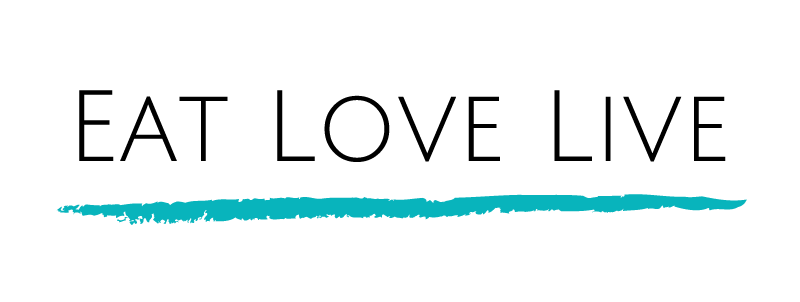The Eat Love Live dietitian will spend the initial session getting to know you. This will involve some questions from us and some from you. We hope to provide a safe space for people to share their experiences with food, activity and their bodies. We recognise how difficult this can be and that these experiences have shaped the relationship you have with food and body today. Our dietitians recognise the role that social relationships, mental health, chronic disease and trauma have on our ability to care for ourselves. We are unable to treat this but have adequate skills to discuss these in a safe way; refer you to appropriate mental health practitioners and work alongside them.
We aim to clarify what you want out of the relationship with an Eat Love Live dietitian by your expectations and goals.
The Eat Love Live dietitian will ask questions about your medical history, physical and psychological symptoms and concerns; Information about past dieting, current eating patterns and activity levels. This will help determine a course of action for us to take together including topics you may want more information about, and planning for health behaviour changes in the direction of your individual goals.
The Eat Love Live dietitian provides accurate, easy to understand information about nutrition helping to differentiate fact from fiction.
If change was as simple as attaining knowledge there would be no role for our dietitians!
Our skills lie in helping you to:
- Explore and understand your relationship with food, health and your body.
- Arming you with the tools to be able to evaluate the plethora of health information bombarding you daily.
- Assisting you in understanding your barriers to change and overcoming these.
- Ongoing motivating and collaborative support during the journey of change.
It is hard to know how many sessions is optimal for each person and this is something we can discuss further during assessment.
The dietitian can provide information and support to individual's family, friends or loved ones at their request; so that the person feels supported in between sessions.
Please contact the Eat Love Live team members to discuss your needs and ensure that you feel you have a good connection with them. An initial assessment session is a great opportunity for you to assess if you feel you will be able to have beneficial relationship with us. If you feel that we are not a good fit we can help link you in with likeminded dietitians.
Having the right health professional to support you is very important.
Health professionals are a bit like shoes- if the fit isn't right- you won't use them!
Initial assessments are 60 mins and review sessions can be 30 – 60 mins as needed.
We require that all clients be linked in with regular medical support to ensure their ongoing medical safety.
We require clients to be engaged with or planning to engage with psychological support to ensure that we are providing safe, ethical and evidence based support.
Information About Dietitians:
What is an accredited practising dietitian?
Accredited Practising Dietitians' (APD) are recognised health professionals with the skills to convert scientific knowledge and research into practical strategies to improve health through diet and lifestyle.
APD's work with individuals, groups or at a public health level. They have the skills to use nutrition and lifestyle modification to treat clinical conditions such as diabetes, heart disease, allergy, gastro-intestinal issues and weight management.
APD's must have undertaken university study accredited by the Dietitians Association of Australian and abide by DAA Code of Professional Conduct and Statement of Ethical Practice.
Why see An Eat Love Live Dietitian?
As clinical dietitian's the Eat Love Live Team provide education and support for people with a wide range of clinical issues such as:
- Polycystic Ovarian Syndrome (PCOS)
- Gastrointestinal Nutrition including irritable bowel syndrome or malabsorption of lactose or fructose
- Insulin resistance, impaired glucose tolerance Type 2 or gestational Diabetes and metabolic syndrome
- High cholesterol, high triglycerides, hypertension and other heart health problems
- Iron deficiency anaemia
- Women's health including menopause and osteoporosis
- Adequate nutritional intake during pregnancy and breastfeeding
- Childhood and adolescent nutrition
- Nutritionally adequate vegetarian eating
- Optimal nutrition for optimum energy and prevention of health complications
- Supporting people to understand their disordered eating patterns and make changes towards more sustainable eating habits by creating a positive relationship with food
- Supporting, motivating and educating people suffering with eating disorders to make necessary changes towards recovery at a pace which is appropriate for them
- Working to improve people's relationship with food so they can eat in response to their hunger and satiety, free of guilt or compulsive compensatory behaviour.

